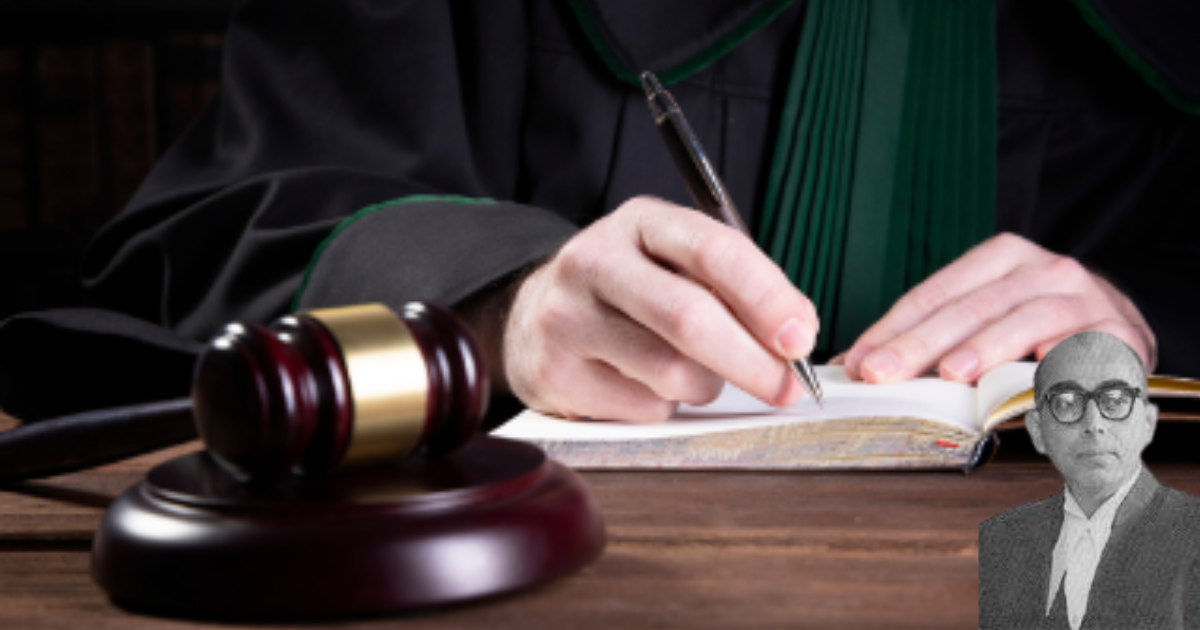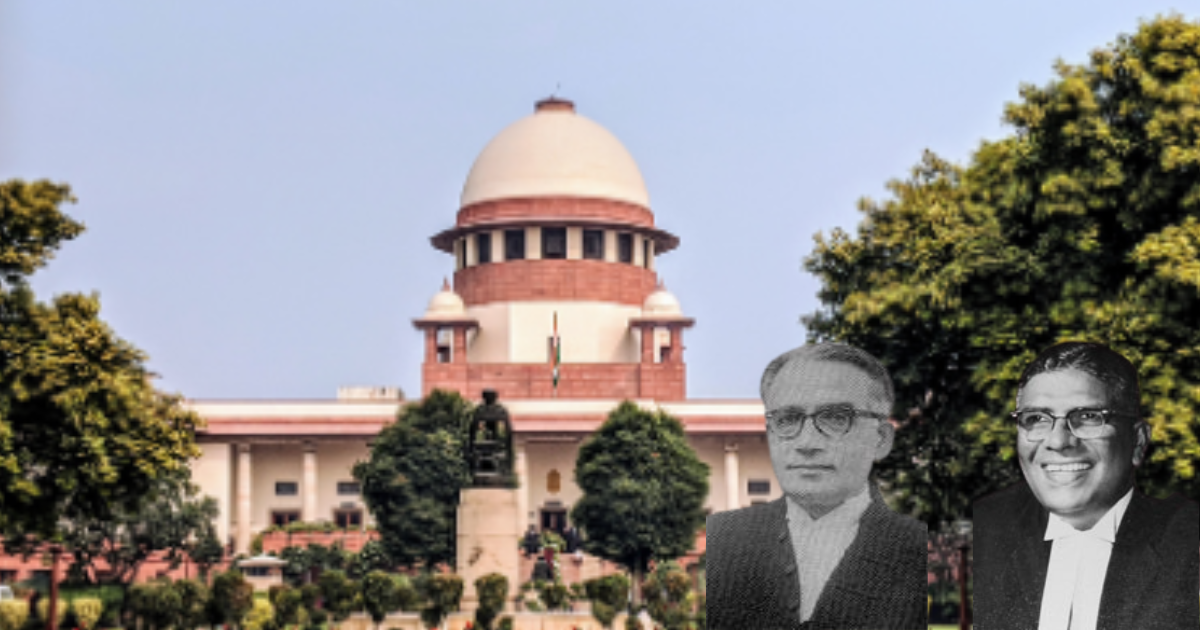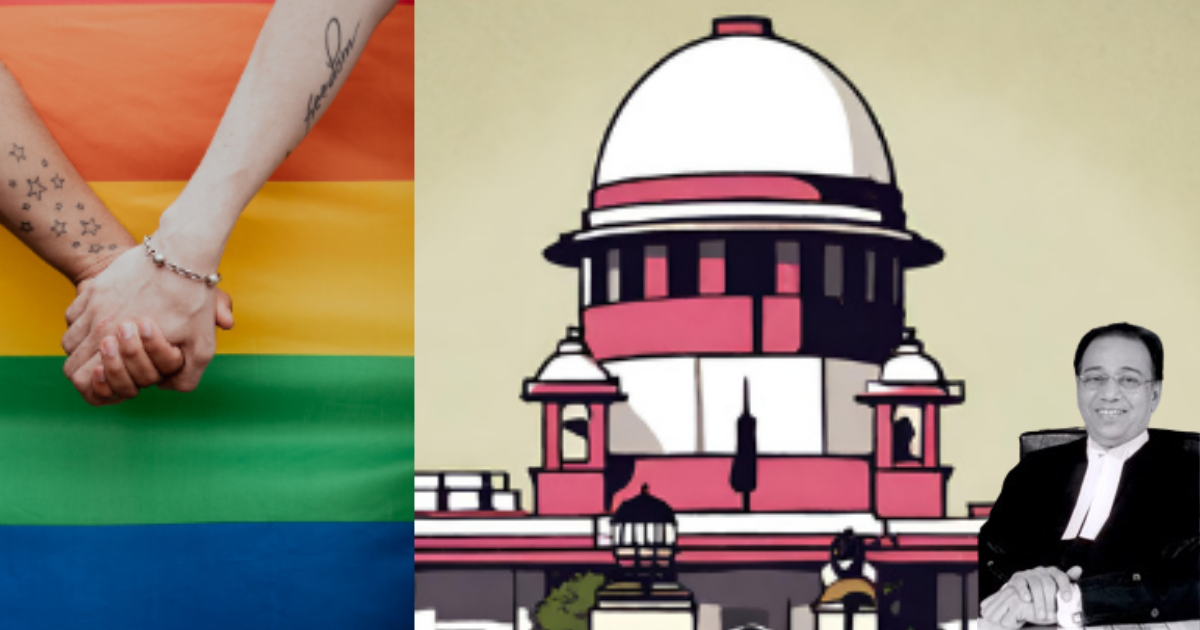In the labyrinth of Indian criminal jurisprudence, the case of Stanislaus v. State of Madhya Pradesh (1955 AIR 334, 1955 SCR 1150) unfolds as a narrative of legal intricacies surrounding confessions. The legal saga, set against the backdrop of a criminal trial, traverses through the complex terrain of admissibility and voluntariness of confessions, presenting a nuanced exploration of individual rights and state authority.
The tale commences with Stanislaus, the protagonist in this legal case, standing accused of murder. As the wheels of justice turned, Stanislaus found himself at the center of a controversial confession made before a police officer, a confession that became the focal point of legal contention.
Stanislaus, through his legal counsel, vehemently challenged the admissibility of the confession, asserting that it was extracted under duress and coercion. The crux of the legal argument rested on the interpretation of Article 20(3) of the Indian Constitution, which protects an accused person from being compelled to be a witness against himself.
Also Read: https://newslaw.in/supreme-court/basic-structure-doctrine-the-kesavananda-bharati-case/
The legal analysis in the Stanislaus case embarked upon a journey through constitutional principles and precedents. The Supreme Court, led by Chief Justice Bhagwati Charan, grappled with the delicate balance between the rights of an accused and the imperative of effective criminal investigation.
The majority opinion in the Stanislaus case, delivered by Chief Justice Bhagwati Charan, emphasized the significance of voluntariness in confessions. The Court held that a confession, to be admissible, must be free from any form of inducement, threat, or promise. Chief Justice Charan underscored the constitutional protection afforded to individuals under Article 20(3) and reiterated the need for strict adherence to procedural safeguards.
The judgment in Stanislaus echoed the sentiments expressed in earlier decisions such as Nandini Sathpathy vs P.L. Dani (1978 AIR 1025), reinforcing the principle that confessions extracted under duress are antithetical to the rule of law. The Court in Stanislaus distanced itself from any endorsement of custodial violence or coercive tactics employed by law enforcement agencies.
However, the legal saga took a twist with a powerful dissenting opinion penned by Justice Vivian Bose. While concurring on the need for protecting individuals from coerced confessions, Justice Bose opined that the confession in question was voluntary. His dissent added layers to the ongoing discourse on the delicate balance between individual rights and the state’s imperative to combat crime effectively.
The aftermath of the Stanislaus case reverberated through subsequent judgments, shaping the contours of the law on confessions in India. The Supreme Court, in subsequent decisions such as Dhananjoy Chatterjee vs State of West Bengal (1994 SCC (2) 220), continued to refine and elaborate on the principles enunciated in Stanislaus.
The legal legacy of Stanislaus stands as a testament to the judiciary’s commitment to safeguarding individual liberties within the criminal justice system. The judgment serves as a cautionary tale against the use of coercive tactics in extracting confessions, underscoring the constitutional imperative to uphold the dignity and rights of every accused person.
This Court has given the correct meaning of the Article, and we find no justification for the view that it grants. a fundamental right to convert persons to one’s own reli- gion. It has to be appreciated that the freedom of religion enshrined in the Article is not guaranteed in respect of one religion only, but covers all religions alike, and it can be properly enjoyed by a person if he exercises his right in a manner commensurate with the like freedom of persons follow- ing the other religions. What is freedom for one, is free- dom for the other, in equal measure, and there can there- fore be no such thing as a fundamental right to convert any person to one’s own religion. It was next been argued by counsel that the Legislatures of Madhya Pradesh, and Orissa States did not have legisla- tive competence to pass the Madhya Pradesh Act and the Orissa Act respectively, because their laws regulate ’rel- igion’ and fall under the Residuary Entry 97 in List 1 of the Seventh Schedule to the Constitution. It is not in controversy that the Madhya Pradesh Act provides for the prohibition of conversion from one religion to. another by use of force or allurement, or by fraudulent means, and matters incidental thereto. The expressions “allurement” and ’fraud’ have been defined by the. Act. Section 3 of the Act prohibits conversion by use of force or by allurement or by fraudulent means and section 4 pena- lises such forcible conversion. Similarly, section 3 of the Orissa Act prohibits forcible conversion by the use of force or by inducement or by any. fraudulent means, and section 4 penalises such forcible conversion. The Acts therefore dearly provide for the maintenance of public order for, if forcible conversion had not been prohibited, that would have created public disorder in the States. The expression “Public order” is of wide conno- tation. It must have the connotation which it is meant to provide as the very first Entry in List II. It has been held by this Court in Ramesh Thapper v. The State of Madras(1) that “public order” is an expression of wide connotation and signifies state of tranquility which pre- vails among the members of a political society as a result of internal regulations enforced by the Government which they have established”. Reference may also be made to the decision in Ramjilal Modi v. State of U.P. (2) where this Court has held that the right of freedom religion guaranteed by Articles 25 and 26 of the Constitution is expressly made subject to public order, morality and health, and that “it cannot be predicat- ed that freedom of religion can have no bearing whatever on the maintenance of public order or that a law creating an offence relating to religion cannot under any circumstances be said to have been enacted in the interests of public order”. It has been held that these two Articles in terms contemplate that restrictions may be imposed on the rights guaranteed by them in the interests of public order. Refer- ence may as well be made to the decision in Arun Ghosh v. State of WeSt Bengal(a) where it has been held that if a thing disturbs the current of the life of the community, (1) (1950) S.C.R. 594. (2) (1957) S.C.R. 860 (3) (1966) 1 S.C.R. 709 618 and does not merely affect an individual, it would amount to disturbance of the public order. Thus if an attempt is made to raise communal passions, e.g. on the ground that some one has been “forcibly” converted to anoth- er religion, it would, in all probability, give rise to an apprehension of a breach of the public order, affecting the community at large. The impugned Acts therefore fall within: the purview of Entry I of List II of the Seventh Schedule as they are meant to avoid disturbances to the public order by prohibiting conversion from one religion to another in a manner reprehensible to the conscience of the community. The two Acts do not provide for the regulation of religion and! we do not find any justification for the argument that they fall under Entry 97 of List I of the Seventh Schedule. In the result Civil Appeals No. 1489 and 1511 of 1974 and Criminal Appeal No. 255 of 1974 fall and are dismissed while Civil Appeals No. 344-346 of 1976 are allowed and the impugned judgment of the Orissa High Court dated 24 October, 1972 is set aside. The parties shall pay and bear their own costs, in Madhya Pradesh appeals. The State shall pay the respondent costs in the Orissa appeal according to the previous direction.
Citation: 1977 AIR 908 1977 SCR (2) 611 1977 SCC (1) 677
Case Title: REV. STAINISLAUS Vs. STATE OF MADHYA PRADESH & ORS.



